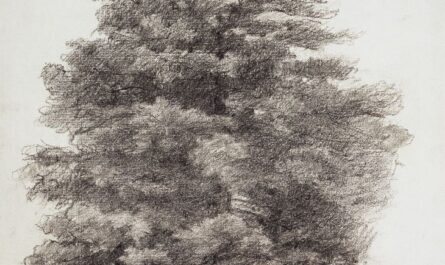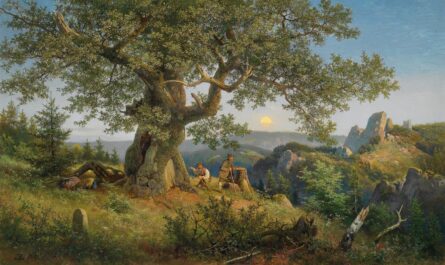Welcome to Friday,
Let’s get right to this week’s links, shall we? I’ve quite a few thoughts this week.
An economist reads Bram Stoker’s Dracula. When I read this vampire classic in high school, I loved the suspense maintained throughout the entire story. Here, Tyler Cowen looks at the conflict between the Count and Dr. Van Helsing as a showdown between the traditional practices of Transylvania and modern London’s breakthroughs, and arrives at conclusions I never would have otherwise seen. I especially found Cowen’s comparison between the use of sunlight vs the moon through the story an interesting duality.
From one of China’s most influential thinkers, Wang Huning, and an adviser to the president, a summary of his book on American thought and culture, America Against America. What I find most interesting is the mention of the Western canon, sadly declining in American education and culture at large, but praised by Huning as a source of unifying values. If a society does not share values across all regions and classes, how will that society survive hardship?
An examination and ruminations on the photographs kept and “killed” from the US’s Farm Security Administration’s documenting of the Great Depression.
“Since the 2018 publication of The Case Against Education, precisely zero people have emailed me about those spreadsheets. The book enjoyed massive media attention. My results were ultra-contrarian: my preferred estimate of the Social Return to Education is negative for almost every demographic. I loudly used these results to call for massive cuts in education spending. Yet since the book’s publication, no one has bothered to challenge my math. Not publicly. Not privately. No one cared about my spreadsheets.”
Prof. Caplan raises a worthwhile question about the reading public, even the intellectually-inclined non-fiction public: how closely are arguments and mathematics being scrutinized in published works? Obviously, doing the math correctly is the logical, proper, and moral choice, but the perceived and in this case, actual lack of questioning obviously leaves much to be desired in the way of rigorous and critical questioning.
Relatedly, or alternatively, perhaps people – including those who pick up these non-fiction titles – simply do not actually read the entire book? Perhaps the most generous interpretation is people read the book, but don’t bother to go back and check the math or details involved.
Lastly, Belgium’s new passports will feature colorful comic characters.
Currently reading: The Pleasures of Reading in an Age of Distraction by Alan Jacobs
Have a creative weekend.




